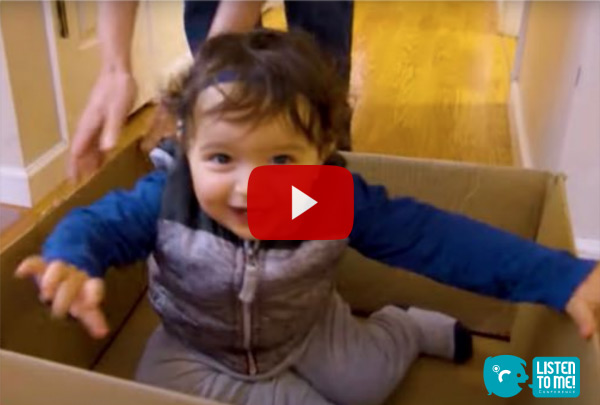
-
Resources
-
Get more information about cochlear implants
-
How to find hearing specialists, centers, and organizations
-
I. Cochlear Implants
How does hearing work?
Hearing is the process by which a sound travels through the ear and is interpreted by the brain. Read more at AG Bell
What is a cochlear implant?
A cochlear implant is an electronic device that bypasses the non-functioning inner ear to stimulate the nerve of hearing directly. In doing so, an implant can potentially restore useful hearing and significantly increase an individual's ability to communicate. Read more at Stanford Children's Hearing Center
How do cochlear implants work?
The external component receives sound waves, transmits the signal from acoustic to electric, and sends this signal to the internal component, which then stimulates the auditory nerve directly.
Read more at Stanford Children's Hearing Center
Or watch a short video at Cochlear
Who is a cochlear implant candidate?
In general, people with severe to profound hearing loss may be candidates for a cochlear implant. However, candidacy criteria is determined by a multi-disciplinary cochlear implant team. Read more at Stanford Children's Hearing Center
What are the benefits of a cochlear implant?
Cochlear implants can provide access to sound that could significantly increase your child’s ability to develop spoken language. Many children who receive cochlear implants early in life, as well as the specialized intervention services required to maximize their ability to listen and speak (LSL therapy), can attend their neighborhood schools with their hearing peers by kindergarten or first grade. Read more at Stanford Children's Hearing Center
What is surgery and post-surgery like?
Surgery is usually outpatient, but this will be determined by your child’s cochlear implant surgeon. Read more at Stanford Children's Hearing Center
What language outcomes are possible for my child?
For children with hearing loss, there are four main language outcomes for families to consider:
- Listening and Spoken Language
- Cued Speech
- Total Communication
- American Sign Language
Read more to learn about each language outcome at AG Bell.
The Baker Institute for Children with Hearing Loss offers this online resource of general information about cochlear implantation. Please do not substitute information on this website for professional advice, a diagnosis of your condition, or a recommendation about the course of treatment for your particular circumstances. This information is not intended to be, and should not be used as, a substitute for medical treatment by a health care professional.
II. Specialists & Centers
Who are the doctors and specialists I will need to help my child?
On your journey to hearing and speaking, you and your child will likely team up with the following specialists:
Pediatric ENT (Otolaryngologist)
Audiologist
Deaf & Hard of Hearing Specialist
Speech-Language Pathologist
Early Interventionist
Listening & Spoken Language Specialist
To learn more about which professionals are most critical to have on your early intervention team, check out this page on Hearing First.
Where can I find the specialists to help my child learn to listen and speak?
Find a cochlear implant center near you:
Find a Listening & Spoken Language Specialist near you
Find a Listening & Spoken Language Option school near you
III. More Resources
Where can I get more information?
National Associations:
AG Bell Association for the Deaf and Hard of Hearing
American Speech-Language-Hearing Association (ASHA)
The cochlear implant companies:
Cochlear Americas
Med-El
Advanced Bionics
Resources for intervention, strategies, articles, ideas, community connections:
Hearing First
Success for Kids with Hearing Loss
IV. Strategies in Action: Video Curriculum
We are happy to share our LTM: Strategies in Action video curriculum with you for free! If you attend LTM, you will receive our comprehensive training on these techniques, which allows hands on practice, coaching by our experts, and real life connections to your personal home routines with customized recommendations for your child.
Contents
Listen to Me! Strategies in Action: Video Curriculum
We are happy to share our LTM: Strategies in Action video curriculum with you for free!
If you attend LTM, you will receive our comprehensive training on these techniques, which allows hands on practice, coaching by our experts, and real life connections to your personal home routines with customized recommendations for your child.
